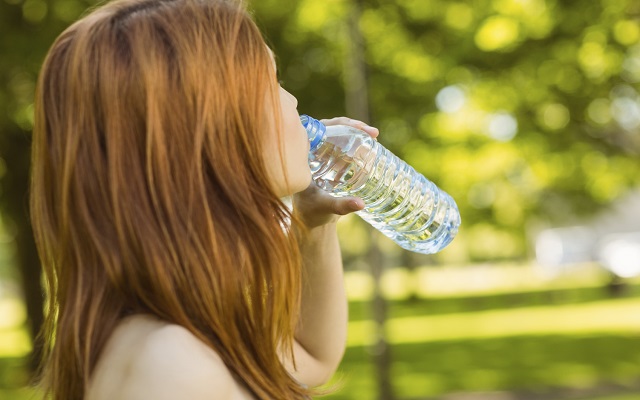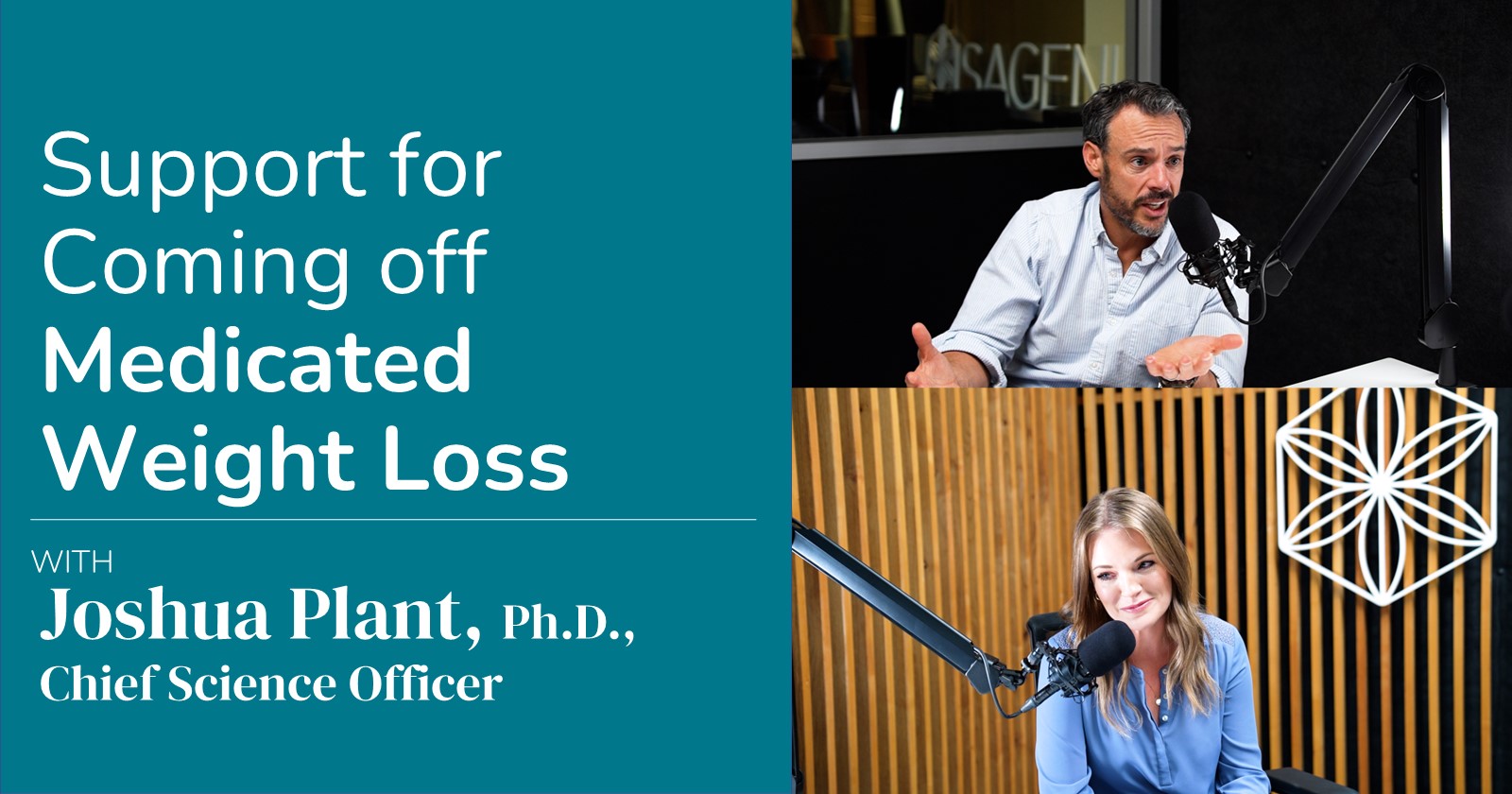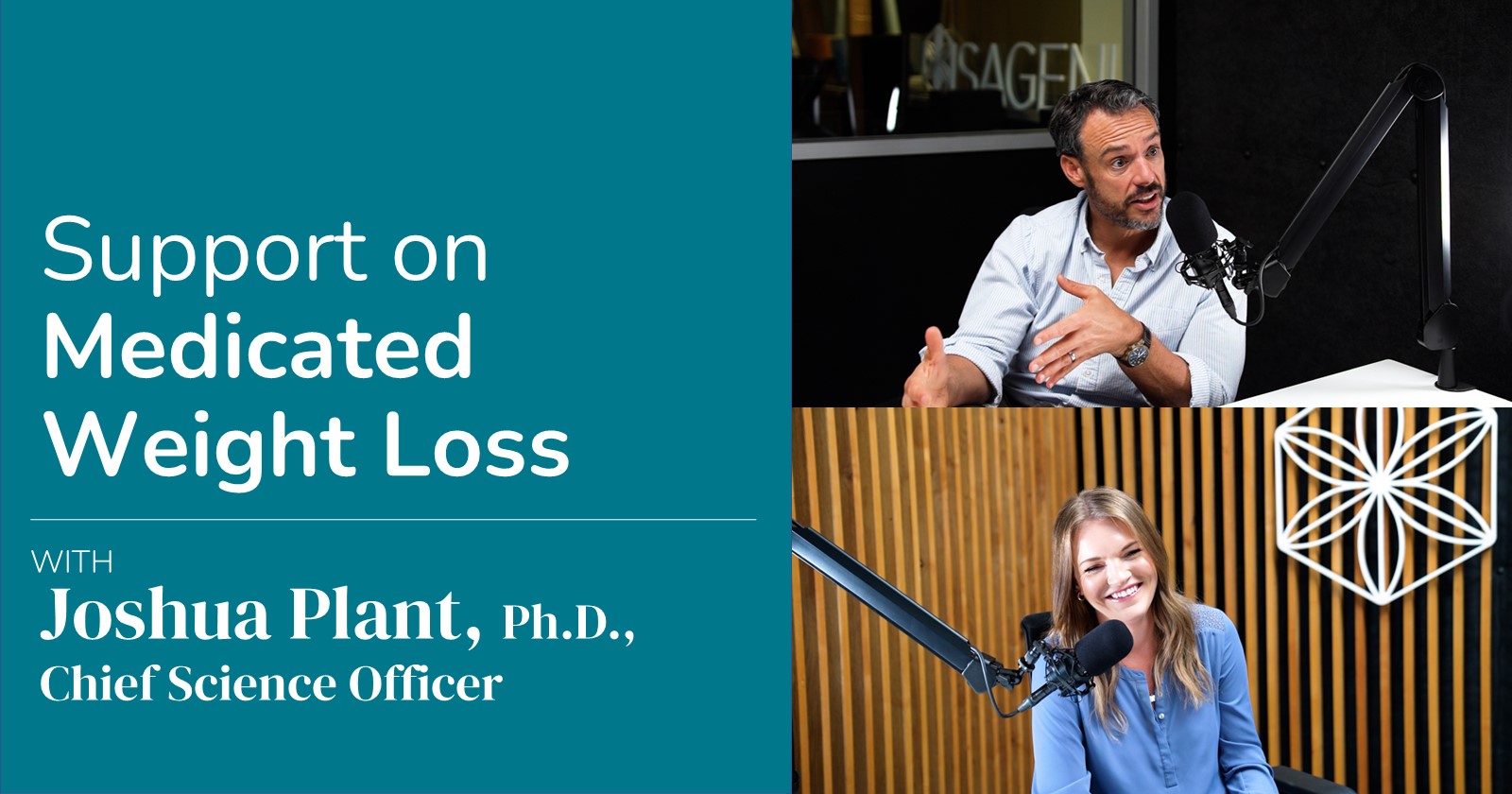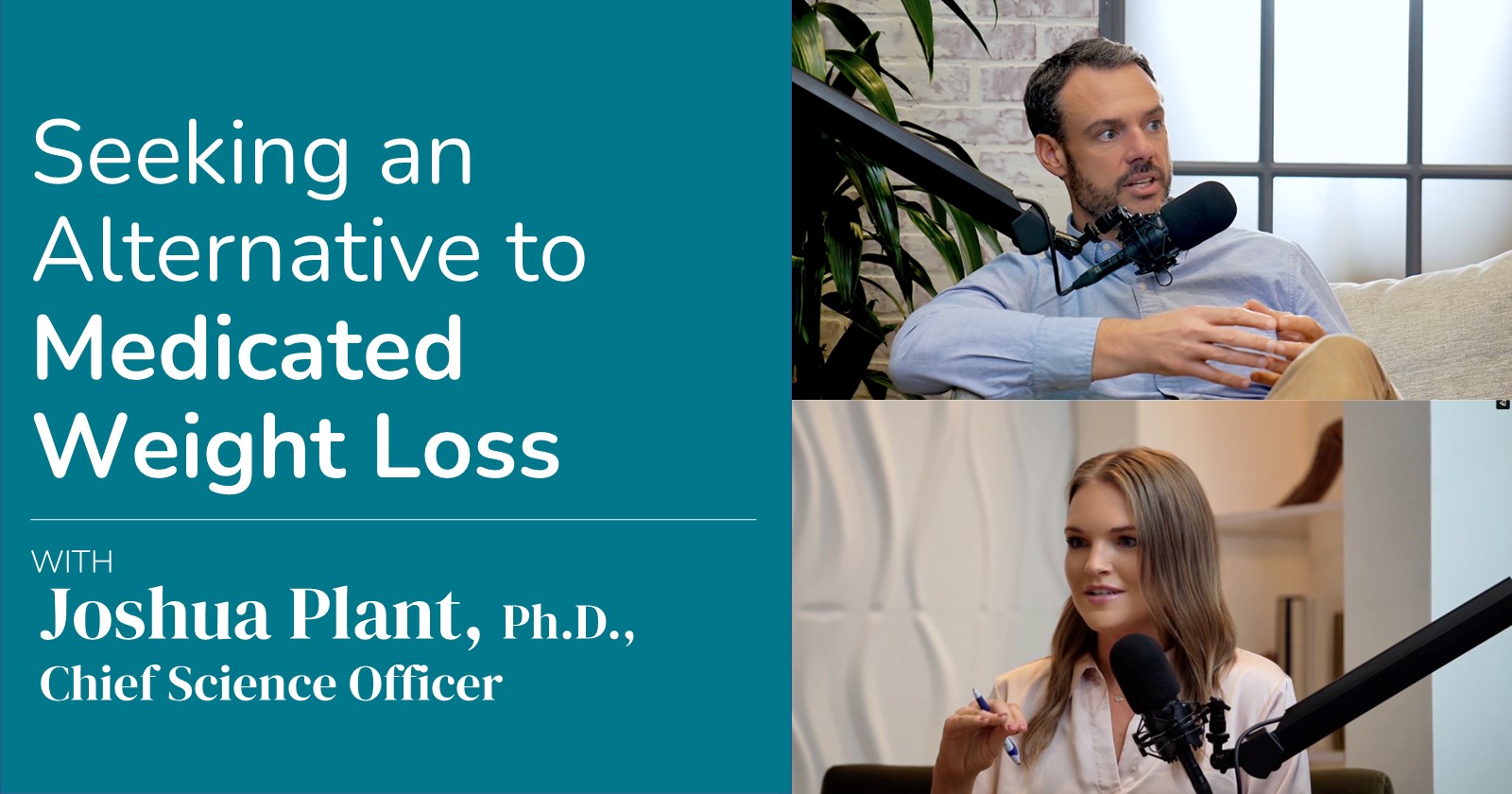Water is essential for life. It makes up around 70 percent of our bodies and is one of the most important influences on overall health. Drinking the right amount of water is critical for supporting all of the body’s essential functions, particularly detoxification. So how do you know if you are staying well hydrated, especially on a Cleanse Day? In this article, we will answer three of the most frequently asked questions about water intake along with general questions about hydration on Cleanse Days.
1. How much water do I need?
The answer to this question is a bit complicated. This is because the amount of water you need to stay well hydrated depends on factors like the weather and your activity level that can vary from day to day.
For example, your requirements for water are different when you are in an environment that is hot, cold, humid, or dry. When you exercise, your body needs much more water than on days when you are less active.
Because a person’s need for water can change so much from day to day, there’s no standard daily requirement. However, there are some general guidelines you can follow. The Institute of Medicine recommends between 2.7 liters (11 cups) and 3.7 liters (16 cups) of total water to meet the hydration needs of most healthy adults. Total water refers to water from both foods and beverages. A cup is equivalent to 8 ounces of water. Since your body has no way to store excess water, drinking a large amount all at once is not an effective strategy. Good hydration involves spreading your water intake evenly throughout the day.
While beverages provide the majority of your body’s water needs, the moisture in foods also contributes to overall hydration. Your body uses the water that is present in a steaming bowl of soup, a cup of coffee, or a crisp, juicy pear in the same way as a glass of plain water to help keep you hydrated.
Cleanse Days can also increase the amount of water you need to drink to stay hydrated. Because Cleanse Days involve abstaining from food, you’ll need to meet all of your body’s fluid needs mainly through Cleanse for Life® along with calorie-free beverages like black coffee, tea, and of course, plain water.
Some people find it harder to remember to drink enough water on Cleanse Days, since these days involve taking a break from a normal routine. It is also possible to drink too much water, which can have negative health effects (see question number three below). Because Cleanse Days are different from your normal routine, you may want to set a goal for how much water to drink on a Cleanse Day, or set a reminder on your phone, for example. While these ideas can be useful tools to help you meet your goals, the best way to know if you are drinking the right amount of water involves a simple observation.
2. How can I tell if I am drinking enough water?
While you may not have thought much about it before, the best way to know if you are drinking enough water is by paying attention when you head to the restroom. Your body’s main tool for maintaining water balance is through controlling how concentrated or how diluted your urine is. If you have too much water, your body will get rid of the excess through diluted urine and extra trips to the bathroom. If you are dehydrated, your body will conserve water through producing very concentrated urine and less frequent bathroom breaks.
The color of your urine is one of the most accurate ways for you to gauge your level of hydration. Ideally, you should aim for a pale yellow color. If your urine is completely clear with no color at all, you are drinking too much water.
If your urine is dark yellow or orange in color, that can indicate poor hydration. However, keep in mind that there are a few things that can make urine appear darker even if you are well hydrated, like some medications and foods. For example, vitamins like riboflavin may cause urine to appear bright yellow.
In addition to color, the frequency of your trips to the bathroom can provide a good measure of how hydrated you are. You should be heading to the bathroom every four to six hours during the day. If you go less often than once in six hours, you need to drink more water. One of the benefits of using this method is that you can check on your hydration status several times a day and find out if you’re not getting enough water, getting too much water, or drinking just the right amount.
3. Is it possible to drink too much water?
While unlikely, it certainly is possible to drink too much water. In extreme cases, it can even lead to serious health problems. Drinking an excessive amount of water in a short period of time can cause an imbalance between water and electrolyte levels.
The technical term for this condition is dilutional hyponatremia, and it occurs when the level of sodium in the blood is low because of too much water. It’s rare for a healthy person to have low sodium levels from excess water since the amount of water needed to cause this problem would give most people a serious stomachache.
Additionally, it’s important to know that there is no benefit from forcing yourself to drink an uncomfortably large amount of water. Forcibly drinking too much water can be harmful.
Just Right…
Most people should have no problem meeting needs with the guideline of eight cups of water daily in addition to their regular food or beverage intake. Another guideline that some have followed is to drink half their bodyweight in ounces. Depending on a variety of factors, some will need more water daily while others could get by with fewer cups per day.
Staying well hydrated is one of the easiest and most effective ways you can support your overall health. Making sure you are drinking the right amount of water, both on Cleanse Days and every day, will keep your body’s detoxification systems working at their best.
Not drinking enough water, especially on a Cleanse Day, can be a concern for many people. However, as with any other nutrient, it’s also possible to get too much of a good thing. By paying attention to your body’s cues, you can be confident that you’re making the best choice for your health.
Reference
Panel on Dietary Reference Intakes for Electrolytes and Water, Institute of Medicine (U.S.). DRI, Dietary Reference Intakes for Water, Potassium, Sodium, Chloride, and Sulfate. Washington, D.C: National Academies Press; 2005.





